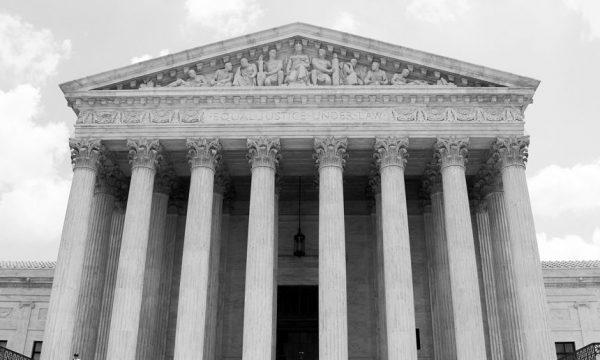- What to
do if you are arrested.
- First, you will want to post bail. You can do this through private funds or through a bail bonds company.
- Bail is
typically set at a court date called first appearance.
- In almost all cases, except as specified by law, a person is entitled to bail.
- An excessive bail is comparable to no bail at all.
- If you do not hire private counsel and you fit the applicable requirements, the Public Defender will be assigned to your case.
- What to
do if you receive a summons in person or through the mail.
- If you receive a summons through the mail you ARE required to appear before the court on the date assigned. Just because you were not arrested does not mean that charges might not be pending against you.
- The
criminal justice process explained!
- First, you are arrested. The police will charge you with a crime under Florida Law.
- Second, you post bond or are released on your own recognizance.
- Third, you will appear at a court date called an Arraignment, which is where you will enter a disposition to the crime, for example “not guilty.” A private attorney can waive your appearance to this court date in most jurisdictions.
- Next, you will probably begin the discovery process which is where the sides share relevant evidence.
- After, you will file pretrial motions—if applicable—and hold hearings on those motions.
- The next court date is typically called a Pretrial Conference, this is a status hearing and typically all applicable pretrial motions must be done before court date. Your appearance can typically be waived at this court date by private counsel.
The next court date is typically called a Docket Sounding or Case Management Conference. This is typically a scheduling conference for trial, which will be your next court appearance.

